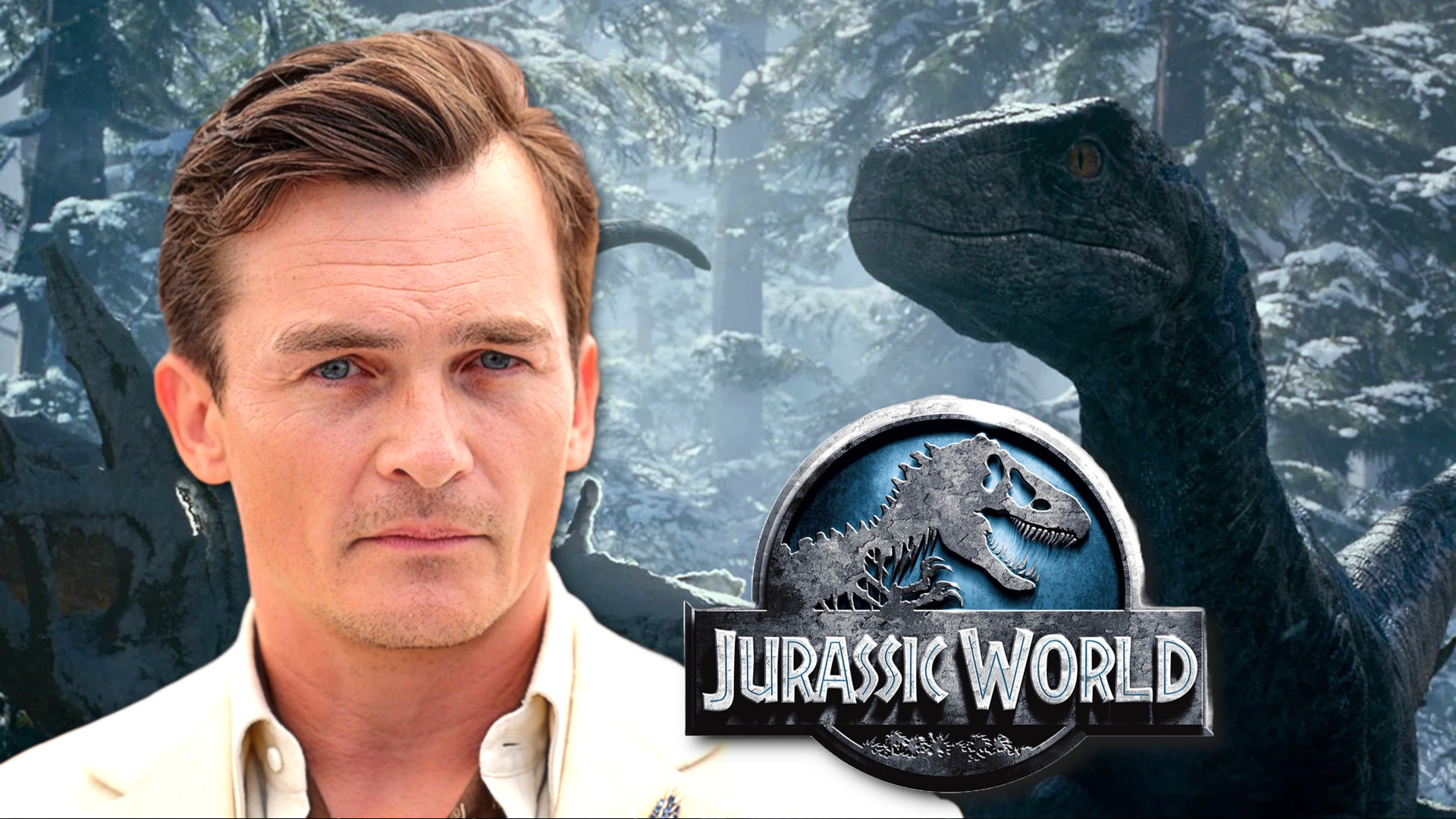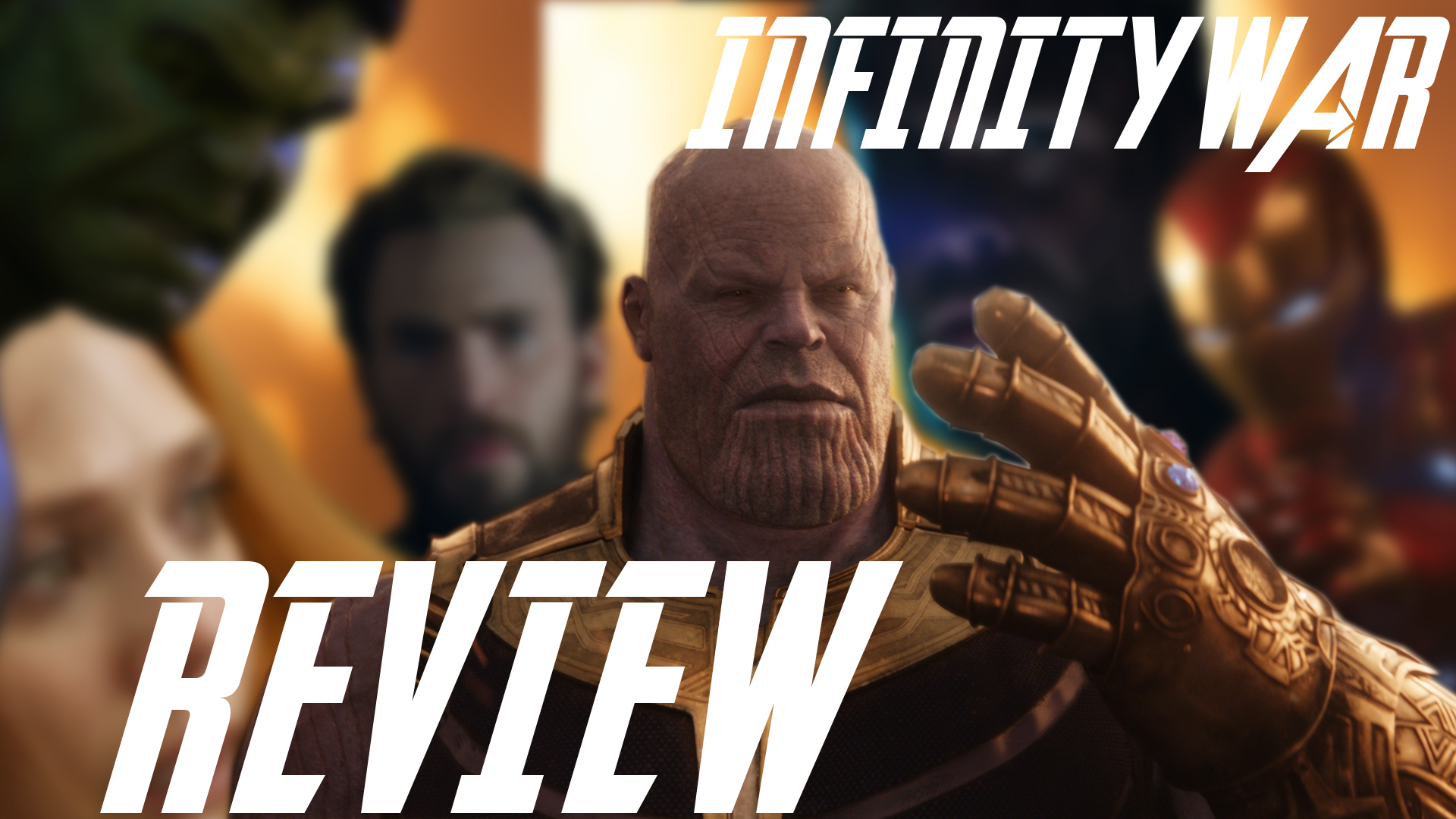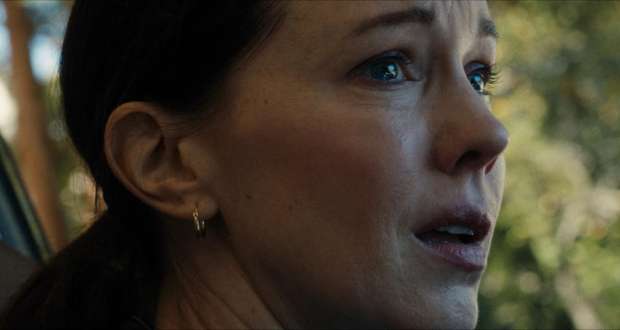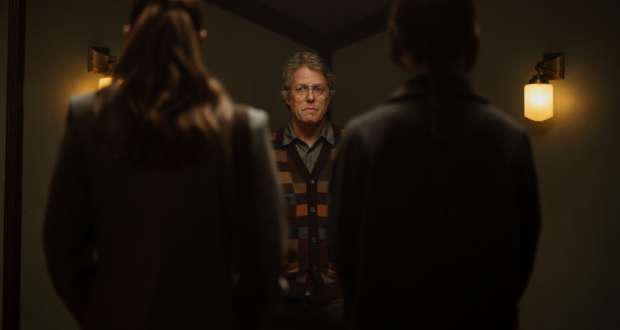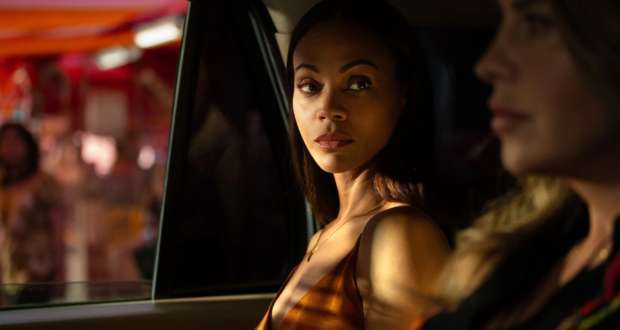Director Noah Baumbach (“The Squid and the Whale”) directs Scarlett Johansson and Adam Driver in a movie about a marriage coming apart at the seams and its effects on the couple, their 9-year-old son, their friends, and everyone else involved. It’s a darkly comic, yet serious, film that offers opportunities for Driver and Johansson to really show their acting chops. There is Oscar buzz.
First, some background. Baumbach seems to make very personal films that often reflect his own childhood or adulthood. His film “The Squid and the Whale” had a lot to do with the divorce that he lived through as a child. Baumbach was married to actress Jennifer Jason Leigh, whom he lived with for four years before they married. She gave birth to the couple’s son at 48 years of age (Baumbach is 7 years younger). Baumbach began working with Greta Gerwig as his leading lady and he and Leigh subsequently divorced shortly after the birth of their son Rohmer Emmanuel Baumbach on March 17, 2010. Much like the fictional couple of “A Marriage,” the wife was arguably the bigger star of the two when the marriage began, but, over time, her theatrical director husband in the piece saw his star rise, to the point of even winning a MacArthur Grant for his work in the field of drama.
Now linked, professionally and romantically, with his frequent leading lady Greta Gerwig, (who moved into directing herself with the acclaimed film “Ladybug,”) Baumbach told interviewer Eric Kohn of “IndieWire” (7/24/2019), “Divorce is like death in a way. When it happens to you, people can speak about it, but no one really wants to speak about it who’s not in it. I just felt like there was a way to make a movie that was very much about this subject and also totally transcends it.”
Enter Baumbach’s great and good friend Adam Driver, who plays Charlie Barber in the film. Drover is married to Nicole (Scarlett Johansson), who was the more successful of the two theater people when they married and she began starring in his New York City off-Broadway plays. One dynamic that you can almost see at work in the film is that chronicled so many times in “A Star Is Born,” where one partner in a marriage is established and then the partners change place in terms of fame and the reversal of fortunes destroys the relationship.
There are some great lines in the film and some equally great performances. Scarlett Johansson and Adam Driver do the honors as the doomed married couple and the script is unprepared to make either one out to be a villain. Both are honorable people and never badmouth one another intentionally. The principals—with one exception—are almost always reasonable. Until they’re not.
The scene where the two attempt to work out the details of their divorce themselves, which quickly disintegrates into a name-calling scene, is horrific. There are lines like the one where the husband mourns the loss of his twenties to their marriage, saying, “Life with you was joyless.” The wife says, “I was your wife. You should have considered my happiness.”
The script should be an Oscar contender, regardless of any other facet of the film. A couple of examples: Nicole: “I realized I never really came alive for myself. I was just feeding his aliveness…I got smaller.” I didn’t even know what my taste was any more. He just put me off. He didn’t see me as something separate from himself.” (She adds that he also slept with the stage manager of his theater company. Ahem.) Charlie says, “I feel like I’m in a dream.”
Then the lawyers get involved. Laura Dern, Ray Liotta and Alan Alda add a great deal to the plot with convincing portrayals of representatives of the legal profession. Laura, playing the shrewd Nora Fanshon, tells her client (Nicole) in a throwaway line that is a reference to a Tom Petty song, “Waiting is the hardest part.” Dern and Liotta are terrific as cut-throat shark-like attorneys, while Alan Alda is the soft-hearted divorce attorney who has been through the mill himself numerous times, and warns abut the rapids in the river.
Dern adds, gleefully, to her client, “I represented Tom Petty’s wife in the divorce. I got her one-half of that song.”
Nicole says, to Charlie, that they might become friends with Nora, [her lawyer].
He responds, “Why do I feel like THAT will never happen?”
There are plenty of remarks that reflect Nicole’s unhappiness with the status quo of their ten-year marriage. She says, “The dead part wasn’t dead. It was just in a coma” in announcing that an offer from L.A. to shoot a pilot for a television show was like a lifeline thrown to her. She seems to make up her mind rather quickly that she wants a divorce, although Charlie does not seem to realize that she is quite so determined to end their relationship for good. He says he thought she was going to return to New York City, where they live, once the pilot is either picked up or dropped. To me, that was not very clear, but many details of what propelled the two towards the exit is unclear.
Nicole—instead of a temporary trip away from “home”— goes to her mother’s home (well played by Julie Hagerty of “Airplane” fame) and begins rebuilding her life. When Charlie arrives to visit their son, she tells her younger sister Cassie (Merritt Weaver of “Nurse Jackie” and “Michael Clayton”) that she is to serve Charlie the divorce papers. She must hand them to him in an envelope. This leads to some fairly amusing scenes where Cassie is nervous and upset at the prospect of acting as an official “server” of divorce papers; Nicole is coaching her on the right time and place to hand over the paperwork and say, “You’ve been served.”
Charlie must find a Los Angeles lawyer, as his wife and child are now California residents, the minor child is enrolled in school in California, and his wife was born and grew up there. (Charlie is an Indiana-born boy who has become “more a New Yorker than most New Yorkers.”) Charlie first falls into the hands of a rapacious attorney type, played by Ray Liotta, who quickly outlines his salary demands: $950 an hour and a $25,000 retainer.
Charlie stops using Ray, the shark. With the help of Nicole’s mother, he finds a much more modestly priced attorney named Bert Spitz, well-played by Alan Alda. Spitz breaks the news to Charlie that “Most people in my business make up the truth so they can get where they want to go.” Alda’s character adds that he has been through 4 marriages, himself, and says, “You remind me of myself on my second divorce.” Bert’s salary demands are much more reasonable. For a while, it looks as though Bert and Nora will work together amicably to settle the issue of who gets what and who will get custody of young Henry (Azhy Robertson).
Unfortunately, things deteriorate further. Or, as Yeats put it, “Things fall apart; the center cannot hold.” Charlie shows up in court with the barracuda barrister played by Ray Liotta, and things begin to get nasty.
THE GOOD
Acting and script are top-notch. Cinematography by Robbie Ryan is great, with lots of close-ups, which Baumbach felt worked best. The music by Randy Newman is good. The script has some wonderful sardonic humor, including a humorous encounter with a social service agency representative which ends with Charlie accidentally slitting his wrist in front of her and then trying to pass it off as “no big deal” while bleeding profusely.
At one point, when the vicious lawyer is asking whether Nicole has ever had a drinking or drug problem, Charlie shares that she had an addiction to Tums for a while. “She was up to a roll a day.” This does not seem to be what the attorney wanted to hear, but the audience will smile.
THE BAD
Since this is roughly autobiographical, the husband of the piece—(who did cheat with his stage manager during the couple’s 10 years of marriage)—defends his misstep, saying, “I didn’t do that until you quit having sex with me and I was sleeping on the couch.” Charlie is painted as being just a little bit TOO nice in all respects. Nicole, too, is wonderful. They each write out lists of all the wonderful things about one another. One of the more touching scenes in the movie is when Charlie reads aloud the list that Nicole has written about him, because son Henry has found it and is trying to read it on his own with some difficulty.
You get the distinct feeling (especially late in the film, when Charlie does accept some work that will keep him in California for at least part of the time) that these two people should have been able to work out the kinks in their marriage, unless you ascribe to the point of view that a marriage is like a flower and has a cycle during which it grows, blooms and then dies.
The ending is probably considered “positive,” since the two principals are not actively name-calling or being horrible to one another, but it just makes me wonder why they didn’t give a good marriage counselor a try. The entire “We’re getting divorced” movement seems to have been rushed and premature, as even Nicole’s mother suggests.
The reason for the divorce?
Apparently the best reason given for an actual divorce without any sign of marriage therapy or even a trial separation, is “It doesn’t make sense any more.”
After the trauma that Baumbach knows his own parents’ divorce visited upon him as a child, you’d think he’d be a bit more savvy about how much damage personal instability can wreak on the children of a divorcing couple.
Surprisingly, and somewhat weirdly. we learn that Adam Driver can sing when he gets up in a nightclub (where he is hanging out with his theater family) and delivers a Stephen Sondheim song, complete with standing and going to a microphone:
Someone to hold me too close.
Someone to hurt me too deep.
Someone to sit in my chair,
And ruin my sleep,
And make me aware,
Of being alive.
Being alive.
Somebody need me too much.
Somebody know me too well.
Somebody pull me up short,
And put me through hell,
And give me support,
For being alive.
Make me alive.
Make me alive.
Make me confused.
Mock me with praise.
Let me be used.
Vary my days.
But alone,
Is alone,
Not alive.…
Up until the point that Adam Driver as Charlie takes to the stage, grabbing the microphone, there was no indication that this was meant to be a musical. Adam Driver does a respectable job of carrying a tune. Still, it struck me as odd. Use the excellent Sondheim lyrics, but maybe work them into the film in a more logical way?
There is also a use of the children’s story “Stuart Little,” specifically this passage: “The way seemed long, but the road was bright and he felt like he was headed in the right direction.”
That is the way marriage works in today’s world, Folks. Easy in, somewhat easy out— but with some bumps along the road. And this is, apparently, considered progress. Everybody lives happily ever after with their fourth wife, (a la the Bert Spitz character.)
I feel like the character that Seth Meyer plays on his late-night talk show, who puts on his sweater and begins with the phrase, “Back in my day….” So, let me say, “Back in my day, we worked very hard to smooth out any rough patches in that long and winding road. The payback was having history with one spouse who knew you way back when and knew your parents (before they, as parents do, died), etc.
It’s just a thought, and not an accepted one in Los Angeles—or, probably, anywhere else in the land of Trump.
-
Acting - /10
0/10
-
Cinematography/Visual Effects - /10
0/10
-
Plot/Screenplay - /10
0/10
-
Setting/Theme - /10
0/10
-
Watchability - /10
0/10
-
Rewatchability - /10
0/10


